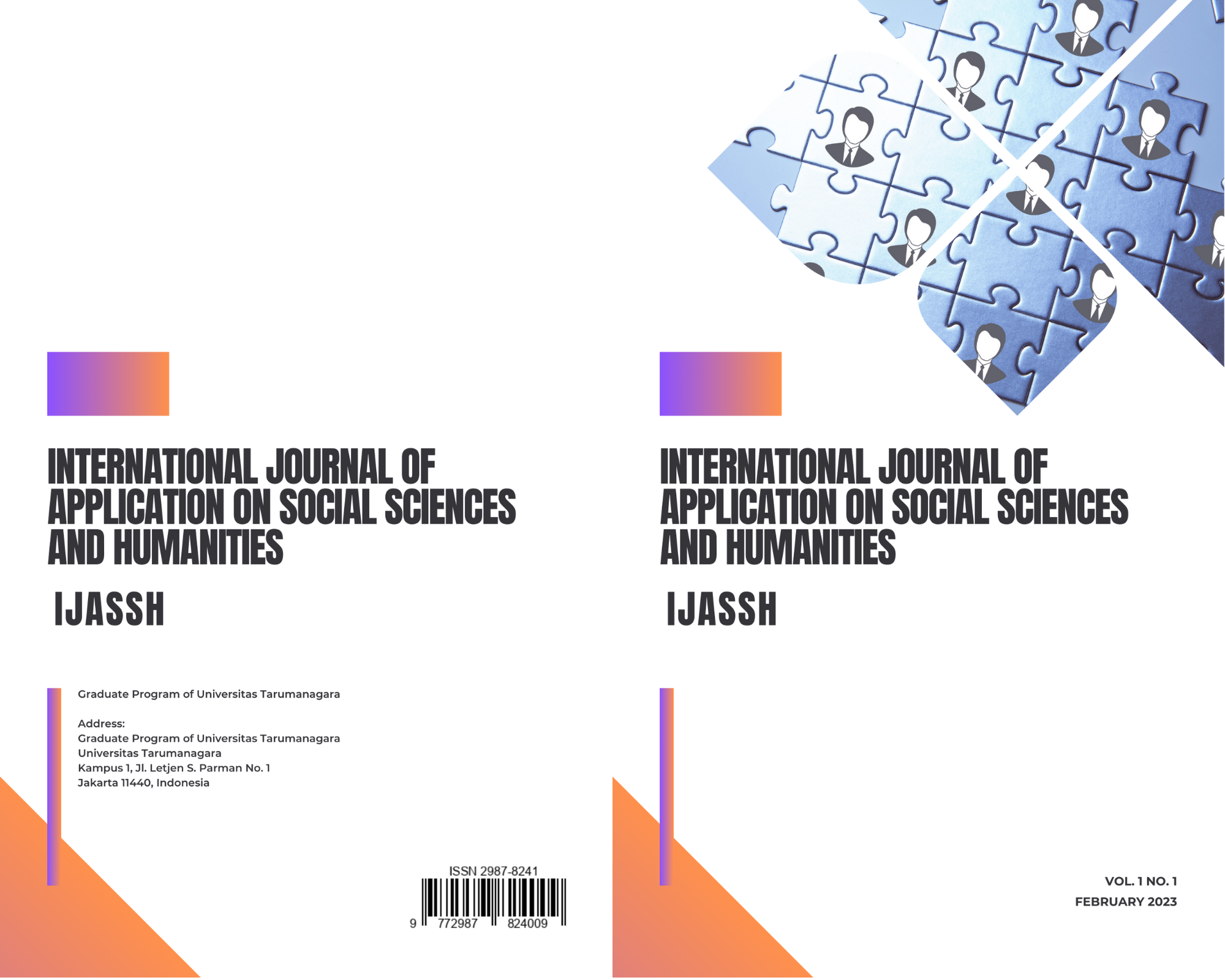The Effect of Implementing Apostille in the Era of Sustainable Development Goals
Main Article Content
Abstract
Indonesia decided to ratify The Hague Convention Abolishing the Requirements for Legalization for Foreign Public Document or the Apostille Convention and appointed the Ministry of Law and Human Rights to administer the apostille service. The ratification carried out by the government is in line with the Sustainable Development Goals targeted by the government. Legalization and waarmerking are one of the authorities of a notary, in this case the notary has a role related to the convention as a general official who legalizes a deed or document for the public. Apostille service is a document legalization service and one of the documents that can be applied for is a notary document. The enactment of the apostille convention aims to simplify the process of legalizing public documents which takes a long time and is expensive and in this implementation the role of a notary is still needed as an authorized official in the legalization of foreign public documents
Article Details
Section

This work is licensed under a Creative Commons Attribution-NonCommercial-ShareAlike 4.0 International License.
References
Adjie H, (2009). Meneropong Khazanah Notaris dan PPAT Indonesia, Bandung, Citra Aditya Bakti.
Anand G, (2014). Karakteristik Jabatan Notaris di Indonesia (Seri Peraturan Jabatan Notaris), Taman Sidoarjo, Zifatama Publisher.
Dewayani V. H, (1961). Seminar Convention on Abolishing the Requirement of Legalization for Foreign Public Documents, 5 Oktober (Apostille
Finkelstein W. A. and James R. Sims III, The Intellectual Property Handbook, A Practical Guide for
Direktorat Jenderal Administrasi Hukum Umum, Kementerian Hukum dan HAM, Naskah Urgensi Pengesahan Konvensi 5 Oktober 1961 tentang Penghapusan Persyaratan Legalisasi Terhadap Dokumen Publik Asing.
Efendi J, (2016). Kamus Istilah Hukum Populer, Jakarta, Kencana.
Franchise, (2005). Business and IP Counsel, America, American Bar Association.
Gautama S, (1978). Indonesia dan Konvesi – Konvensi Hukum Perdata Internasional, Alumni, Bandung.
Hikmah M, (2021). Indonesia dan Konvensi Apostille, https://law.ui.ac.id/indonesia-dan-konvensi- apostille-oleh-dr-mutiara-hikmah/, (accessed on 06 September 2022).
J Laurensius Arliman S, (2015). Notaris dan Penegakan Hukum Oleh Hakim, Yogyakarta, Deepublish.
Mauna B, (2000). HUKUM INTERNASIONAL, Pengertian Peranan Dan Fungsi Dalam Era Dinamika Global, Bandung, Alumni. Convention”), dated 8-12 Agustus 2022, slide 10.
Makarim E, Keautentikan Dokumen Publik Elektronik dalam Administrasi Pemerintahan dan
Moechthar O, (2017). Dasar – Dasar Teknik Pembuatan Akta, (Surabaya: Pusat Penerbitan dan Percetakan Universitas Airlangga (AUP).
Nazar S, (2021). Indonesia Mungkin Tidak Lagi Memerlukan Legalisasi Dokumen Publik Asing, Bola Madura.
Nico, (2003). Tanggungjawab Notaris Selaku Pejabat Umum, Yogyakarta, Center for Dokumentation and Studies of Business Law (CDSBL).
Panuluh S dan Fitri M. R, (2016). Briefing Paper 02, Perkembangan Pelaksanaan Sustainable Development Goals (SDGs) di Indonesia, Oktober.
Pelayanan Publik, (2015). “Jurnal Hukum dan Pembangunan Tahun ke – 45 No. 4 Oktober – Desember 2015”.
Sdg2030, Tujuan 16, https://www.sdg2030indonesia.org/page/24-tujuan- enambelas, (accessed on 05 September 2022).
SDGs, Tujuan 16, https://www.sdg2030indonesia.org/page/24-tujuan- enambelas, (accessed on 06 September 2022).
Wicaksono F. S, (2009). Panduan Lengkap Membuat Surat – Surat Kuasa, Jakarta, Transmedia Pusat

